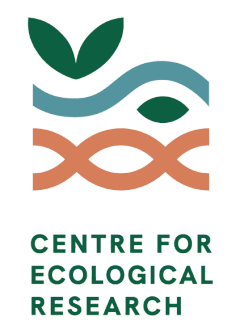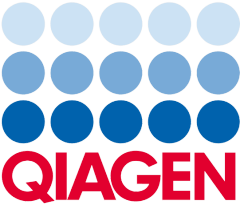
Midway Stakeholder Symposium
1st November 2023| Organized by the University of Copenhagen and EMBL-EBI Hinxton| #MSS2023

1st November 2023| Organized by the University of Copenhagen and EMBL-EBI Hinxton| #MSS2023
+45 4040 3096
Marie Sorivelle
Project Manager









This project has received funding from the European Union's Horizon 2020 research and innovation programme under Grant Agreement No 952914.